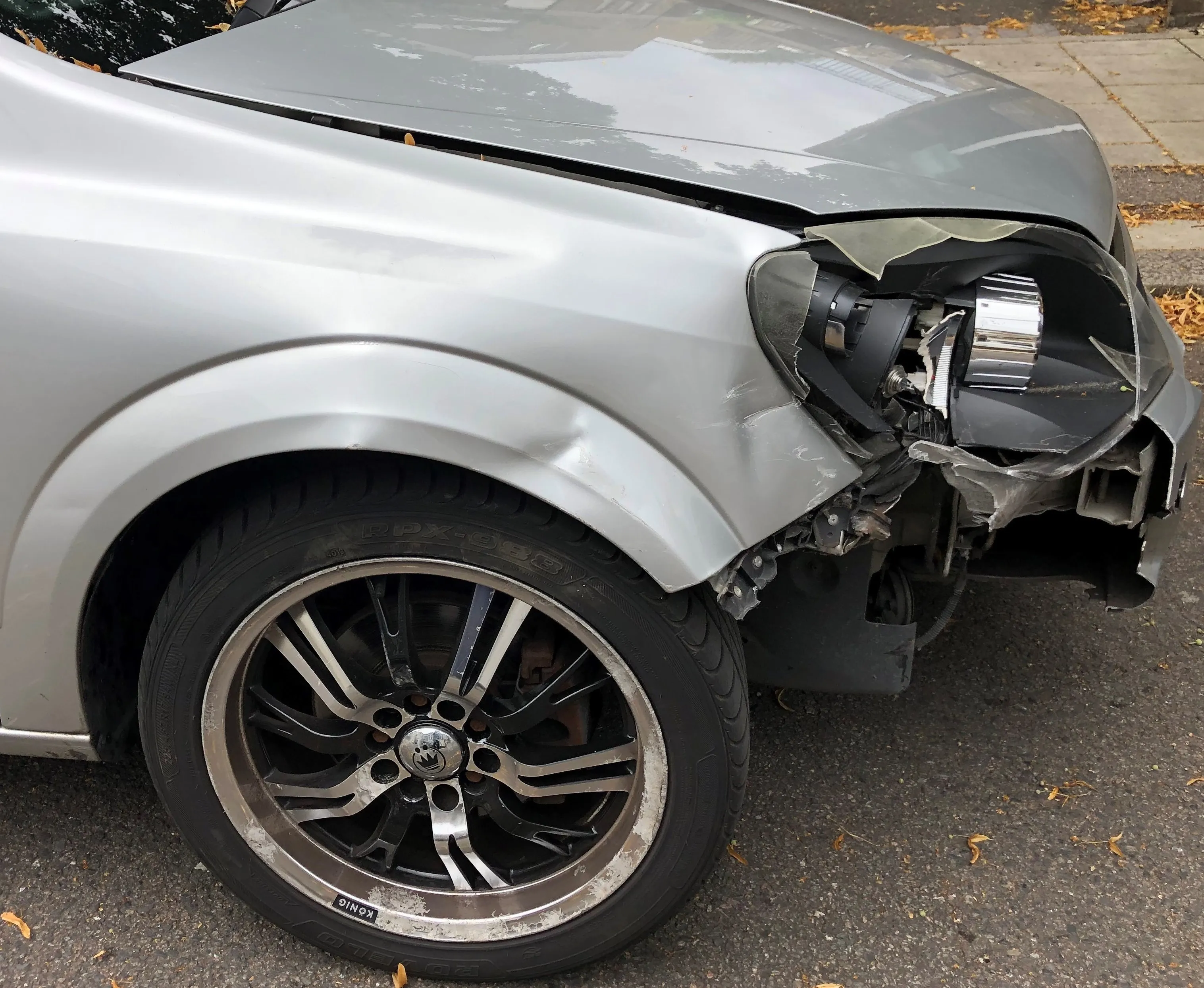
A series of agreements will help boost road safety around the world.
Eight multilateral development banks (MDBs) are making a joint commitment to boost global road safety.
This move is desperately needed as road crashes claim almost 1.25 million lives per year and are considered to be a rapidly-growing public health hazard.
The statement was signed by the African Development Bank, the Asian Development Bank, the Development Bank of Latin America, the European Bank for Reconstruction and Development, the European Investment Bank, the Inter-American Development Bank, the Islamic Development Bank and the World Bank.
This confirms the MDBs’ commitment to implementing their 2020 Road Safety Declaration.
It acknowledges the importance of road safety targets as part of the sustainable development objectives of each multilateral institution and contributes to targets set by the United Nations Decade of Action for Road Safety.
The 2020 declaration by MDBs builds on the results of the 3rd Global Ministerial Conference on Road Safety 2011-2020, which took place in February 2020 in Stockholm and was attended by 1,700 high-level delegates from 140 countries.
The event helped raise awareness of road safety and called for a new global push to reduce road traffic-related deaths and injuries by 50% by 2030.
“As responsible investors we are taking road safety issues seriously and are committed to contributing to significant improvements,” said Nandita Parshad, EBRD managing director, Sustainable Infrastructure Group.
“The EBRD’s activities to date include road safety audits conducted in 12 countries, local awareness campaigns across our regions and close cooperation with the road agencies of Serbia and Ukraine, which have adopted international road safety management systems.”
“For the private sector, we have developed an occupational road risk toolkit and e-learning programme, among other measures. We believe that joint action with our fellow MDBs is the right way forward and today’s statement is an important milestone in this process.”
The EBRD acknowledges the increasing role that MDBs will play in the development of the low-carbon sustainable infrastructure necessary for global recovery after the Covid-19 pandemic.
The Bank will continue to integrate road safety improvements into its investment projects, both through transactions related to the upgrading of roads and through raising awareness of road safety in project design.







